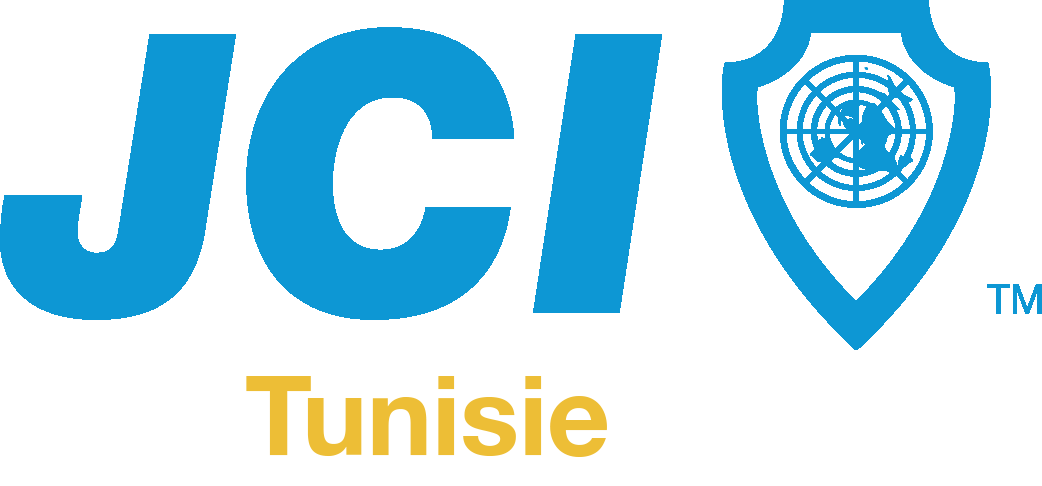It’s A Buy German A1 Certificate Success Story You’ll Never Imagine
Understanding the German A1 Certificate: A Comprehensive Guide to Purchase and Preparation
In a period of globalization and intercultural exchange, the German language has actually emerged as one of the most in-demand languages in the world, especially in Europe. For people intending to improve their expert qualifications, research study in Germany, or simply engage in significant travel experiences, getting a German A1 Certificate has actually become a valuable venture. This article clarifies what the A1 certificate requires, its advantages, the acquiring process, and important preparation pointers.
What is the German A1 Certificate?
The German A1 Certificate is an official examination that shows a learner’s basic understanding of the German language. It is the very first level of the Common European Framework of Reference for Languages (CEFR), C1 zertifikat kaufen – http://125.141.133.9/, which classifies language efficiency across 6 levels: A1, A2, B1, B2 zertifikat Kaufen, C1, and C2.
Attaining an A1 Certification demonstrates that the individual can:
- Understand and utilize easy daily expressions and expressions.
- Present themselves and others.
- Ask and address questions about personal information like where they live, people they know, and things they have.
- Engage in a simple method, offered the other person talks slowly and plainly.
Benefits of Acquiring a German A1 Certificate
An A1 certificate can be useful for several reasons:
-
Entry Requirement for Further Learning: Obtaining the A1 certificate is typically the first action towards pursuing higher levels of German efficiency (a2 zertifikat kaufen, B1, etc).
-
Employment Opportunities: Many companies in German-speaking nations seek prospects with a fundamental understanding of the language, making the A1 certificate a strong property.
-
Cultural Integration: Learning the essentials of the language assists in smoother interaction with native speakers, which can enhance cultural understanding and social integration.
-
Taking a trip: For travelers, knowing basic German can considerably boost the experience, making communication much easier and more enjoyable.
How to Buy a German A1 Certificate
Acquiring a German A1 certificate does not imply purchasing an official document without taking an exam. Genuine certificates should be earned through approved testing centers. Here are the steps one usually follows to acquire a German A1 certificate lawfully:
-
Research Authorized Testing Centers: Look for organizations licensed by the Goethe-Institut, TELC (The European Language Certificates), or other acknowledged language organizations.
-
Register for the Exam: Once an appropriate screening center is recognized, prospects can sign up for the exam. Registration generally includes filling out an application and paying an evaluation charge.
-
Get ready for the Exam: Candidates need to allocate sufficient time for preparation. There are various resources– online classes, textbooks, and language apps– that can help in studying.

-
Take the Full Exam: A1 evaluations normally include 4 elements: listening understanding, reading comprehension, written expression, and oral expression. Candidates require to demonstrate efficiency in all these areas.
-
Get Your Results: After taking the exam, candidates will receive their outcomes and, upon passing, will be released the A1 certificate.
Preparation Tips for the German A1 Exam
Getting ready for the German A1 exam can be both enjoyable and effective with the ideal approach. Here are some pointers to help prospects prepare:
-
Enroll in a German Language Course: Whether online or in-person, formal courses offer structured learning and specialist assistance.
-
Use Language Apps: Applications like Duolingo, Babbel, and Rosetta Stone are popular tools for interactive, on-the-go language practice.
-
Practice Speaking: Engage with native speakers or join language exchange groups. Speaking practice is important for developing fluency.
-
Study Vocabulary and Grammar: Goethe Zertifikat A1 kaufen – wiki.giroudmathias.ch, Focus on standard vocabulary covering greetings, numbers, directions, and everyday things, in addition to important grammatical rules.
-
Listen and Watch German Media: Consuming German material such as music, podcasts, and films can boost listening skills and familiarize students with the language’s rhythm and pronunciation.
FAQs about the German A1 Certificate
Q1: How long does it require to get ready for the A1 exam?A1 preparation time can vary based on private learning speeds, but usually, 80 to 100 hours of study can be sufficient for basic proficiency.
Q2: What is the expense of the A1 exam?The expense varies based upon the testing institution and place but usually ranges from EUR100 to EUR200. Q3: How long is the A1 certificate valid?The A1 certificate does not end, as it reflects your language proficiency at a specific time. Nevertheless, more knowing and accreditation are encouraged for profession developments. Q4: Can I take the A1 exam online?Some screening centers use online examinations for A1 certification, while others require in-person participation. Talk to the particular organization for information. Q5: What takes place if I stop working the A1 exam?If a candidate does not pass the exam, they can generally retake it after a waiting period. It’s recommended to examine
the locations that need enhancement before reattempting. Obtaining a German A1 certificate can open various doors, whether for travel, work, or even more education. While the choice to « buy »a certificate without assessment may appear appealing, genuine acquisition through study and screening guarantees the private has the essential language skills. With devotion, assistance, and preparation, candidates can effectively navigate the course to accomplishing their German A1 accreditation, paving the way for innovative language learning and enhancing experiences in German-speaking environments.
